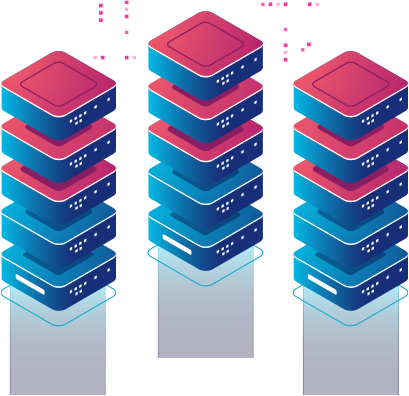

In the world of information technology and digital communication, it is essential to have the right infrastructure to support your business requirements. Servers form an integral part of this infrastructure, as they provide the necessary computing power and storage space. When it comes to servers, Japan has emerged as a key player, with its cutting-edge technology and expertise in the field. In this article, we will take a closer look at the different types of servers in Japan, their features, and the commonly used English abbreviations for these servers.
Some of the most popular types of servers in Japan include cloud servers, game servers, and virtual private servers (VPS). Cloud servers, as the name suggests, are designed to support cloud-based applications and services. They are highly scalable and can be easily customized to suit the needs of different businesses. Game servers, on the other hand, are optimized for hosting multiplayer online games. They provide a high-performance gaming environment, with low latency and minimal downtime. VPS servers, meanwhile, are ideal for small to medium-sized businesses that require dedicated computing resources for their specific needs.
Japanese servers are often referred to by their English abbreviations, which can be confusing for those unfamiliar with the terminology. Here are some of the most commonly used English abbreviations for Japanese servers:
Japanese servers are known for their reliability, speed, and security. They come equipped with cutting-edge hardware and software, such as high-speed processors, solid-state drives, and advanced security features. The data centers in Japan are also designed to withstand natural disasters, with earthquake-resistant buildings, backup power generators, and redundant network connections. Additionally, Japanese servers are typically managed by experienced professionals who provide round-the-clock support and monitoring.
There are several advantages to choosing Japanese servers for your business needs. For one, Japan has one of the most advanced and interconnected telecommunications infrastructures in the world, which means that businesses can easily connect to customers and partners around the globe. Japanese servers are also known for their high-speed connectivity and low latency, which is critical for applications that require real-time data processing. Finally, Japanese servers are highly scalable and customizable, ensuring that businesses can easily adapt to changing demands and requirements.
In summary, Japanese servers offer a range of features and advantages that make them an excellent choice for businesses that require high-performance computing infrastructure. From cloud servers and game servers to VPS servers and web hosting, Japan has a wide range of options to meet your specific needs. By understanding the different types of servers available and their commonly used English abbreviations, you can make an informed decision when choosing a server for your business.



